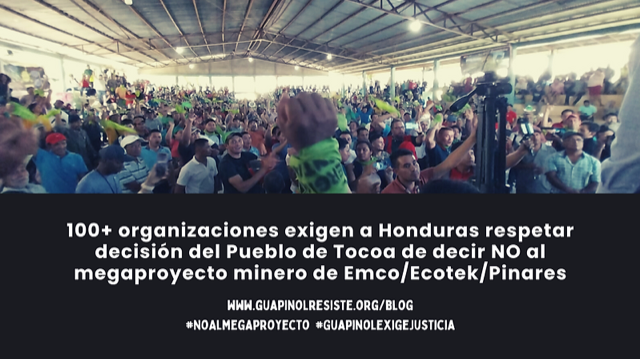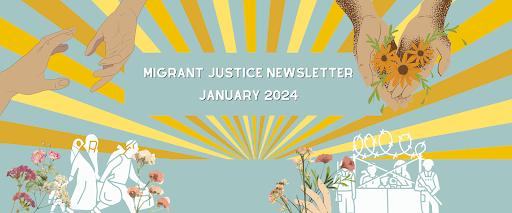We have been following the developments regarding the El Fénix nickel mine in El Estor, Izabal Department, and the resistance to the nickel mine since 2009. The mining operations are damaging the environment in El Estor by contaminating Lake Izabal and other local water sources, threatening fishers’ source of income. Local communities (more than 90% of El Estor’s 82,500 inhabitants are indigenous Maya Q’eqchi’) have become victims of land grabbing, arson, and repression.
We are glad to learn that on December 15, 2023, the Inter-American Court of Human Rights ruled that the government of Guatemala is responsible for human rights violations against the Indigenous Maya community that opposes the mine. The court found that various acts of aggression and violence have included attacks on life and harassment and threats to members of the community. We wrote to the Ministry of Energy and Mines of Guatemala and requested a statement from the government about their plans to adopt various reparation measures as ordered by the court.


